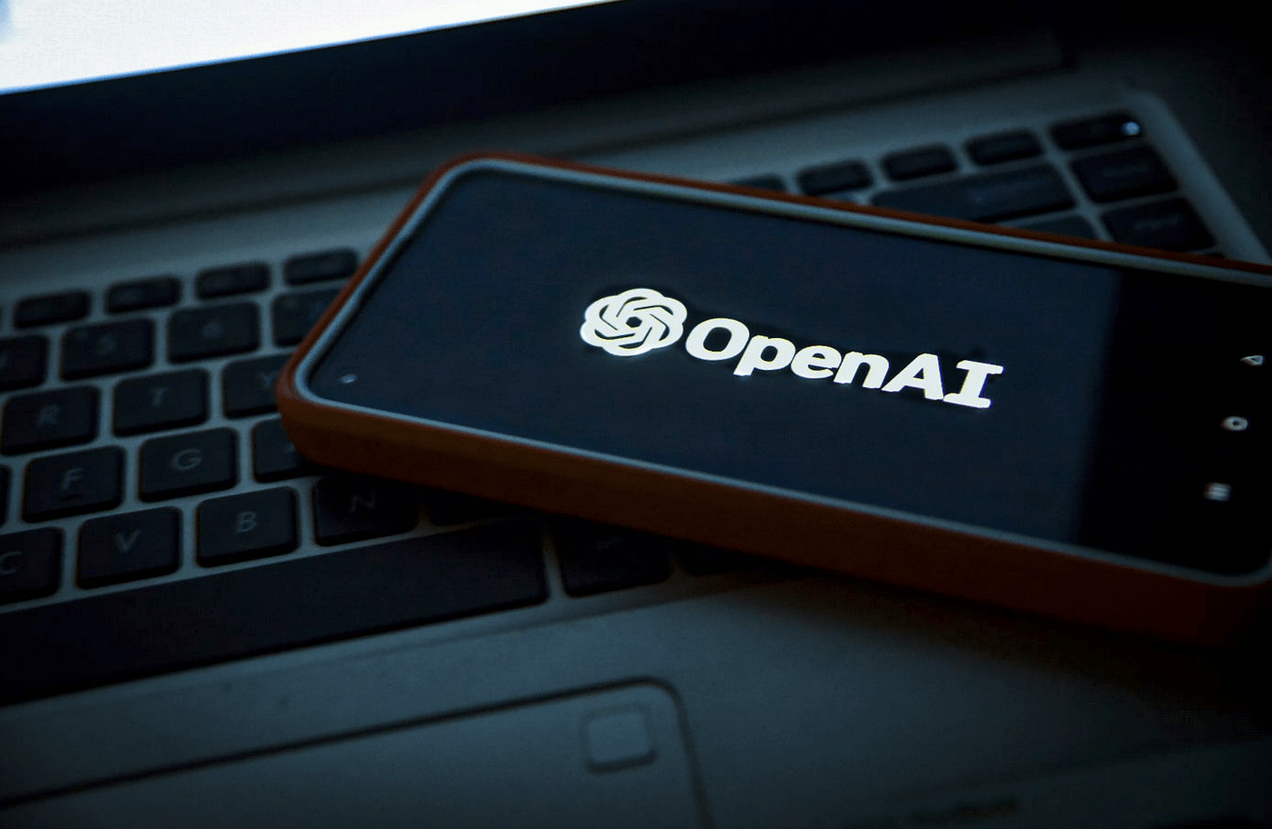A recent investigation conducted jointly by the Reuters Institute and Oxford University brings to light the subdued uptake of artificial intelligence (AI) tools, despite considerable anticipation. The study, canvassing opinions from 12,000 respondents across six nations, reveals that merely a paltry 2% of participants from the UK report integrating such tools into their daily routines.
The younger generation, particularly individuals aged 18 to 24, shows a stronger interest in adopting AI technologies, which contrasts with the broader trend observed.
This investigation centers on generative AI tools, the latest advancement in AI capable of generating human-like responses to text and producing various types of multimedia content such as images, audio clips, and videos. The release of ChatGPT in November 2022 marked a significant moment, triggering intense competition among technology companies, driven by substantial financial investments, to enhance their offerings with similar generative AI capabilities.

Despite the considerable influx of resources and the fervor surrounding generative AI, its integration into the daily online interactions of the general populace remains relatively sparse. Dr. Richard Fletcher, the principal architect of the report, underscores the conspicuous “disparity” between the omnipresent hype encircling AI and the tepid reception it garners from the public sphere. Alarming findings indicate that a significant segment of the UK populace, constituting 30% of respondents, remains oblivious to prominent AI products such as ChatGPT.
“Large parts of the public are not particularly interested in generative AI, and 30% of people in the UK say they have not heard of any of the most prominent products, including ChatGPT,” Dr Fletcher said.
The rise of generative AI has sparked a heated debate. Some people are optimistic, believing it will bring economic growth and medical advances. Others are worried, fearing it could lead to a bleak future with serious problems.
This research attempted to gauge what the public thinks, finding:
- The majority expect generative AI to have a large impact on society in the next five years, particularly for news, media and science
- Most said they think generative AI will make their own lives better
- When asked whether generative AI will make society as a whole better or worse, people were generally more pessimistic
“People’s hopes and fears for generative AI vary a lot depending on the sector,” Dr Fletcher told the BBC.
“People are generally optimistic and about the use of generative AI in science and healthcare, but more wary about it being used in news and journalism, and worried about the effect it might have on job security.”

Despite harboring optimistic sentiments concerning the prospective amelioration of their personal circumstances through AI integration, respondents harbor pervasive apprehensions concerning its overarching societal implications, particularly concerning employment stability and the integrity of journalistic practices.
Dr. Fletcher advocates for a nuanced discourse surrounding AI, urging stakeholders spanning governmental bodies and regulatory agencies to facilitate an inclusive dialogue encompassing multifarious viewpoints and foreseeable repercussions. The study, predicated upon an expansive online questionnaire administered across Argentina, Denmark, France, Japan, the UK, and the USA, furnishes invaluable insights into the global perception of generative AI and its anticipated influence on societal dynamics.


